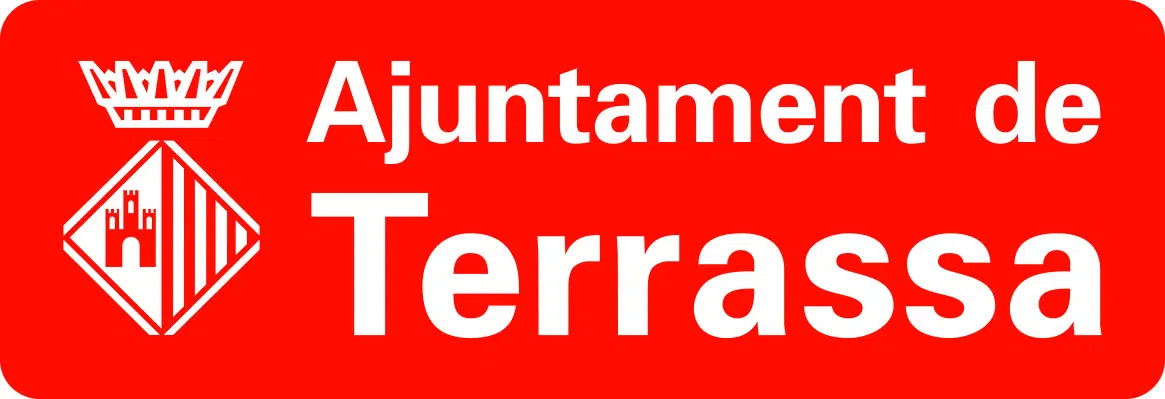Good Practice
Women’s Municipal Plenary Session
Women councillors lead annual gender-mainstreaming participatory process with entities from the city of Terrassa.
POLICY OBJECTIVE
- Show joint commitment to the city’s gender equality policies.
- Encourage organizations to participate in the city’s feminist political agenda by developing specific proposals.
- Create a space for mutual knowledge and dialogue between entities and councilors and consolidate networking for gender equality in Terrassa.
CONTEXT
No similar participatory process existed in the city prior to the Women’s Plenary. The initiative meant creation of a masculinity-free participatory space where women could discuss issues related to the feminist struggle yearly.
POLICY DESCRIPTION
An essential initiative for the city of Terrassa, the Women’s Plenary increases the possibility that women participate and that organizations linked to the feminist struggle implement public policies around gender equality and male violence.
Participants discuss topics related time use such as women’s rights in productive and care work.
KEY ASPECTS
Part of an extensive participatory process to include women in political life, Women’s Plenaries extend beyond the days plenary sessions are celebrated. Preliminary work includes organizing four working groups, each of which holds two-hour sessions to work, debate, and agree proposals to raise at the plenary session. Working group sessions are spaces to analyse and discuss work areas and are facilitated by outside professional experts.
In 2021, for example, there were four working groups:
- Detecting and responding to gender-based violence.
- Prevention and awareness of gender-based violence.
- Women’s rights in productive work.
- Women’s rights in care work.
RESULTS
76 from various organizations and groups, including the 12 city councilwomen, participated in the first Women’s Plenary session participatory process in 2021. Several of those organizations participated in more than one working group, although with different representatives.
Participating organizations included 15 feminist women’s organizations and groups, 22 general organizations and groups, and 6 municipal political parties. An average of 17 people participated in each working session (22 including a session facilitator and four people from the Gender Policy Service team, who collected proposals and provided technical support). Participation in the sessions was high.
The participatory process resulted in a collection of proposals that were evaluated to raise at the first Women’s Plenary session. A spokeswoman emerged from each working group and presented the agreed proposals at the first Women’s Plenary on 9 July 2021.



